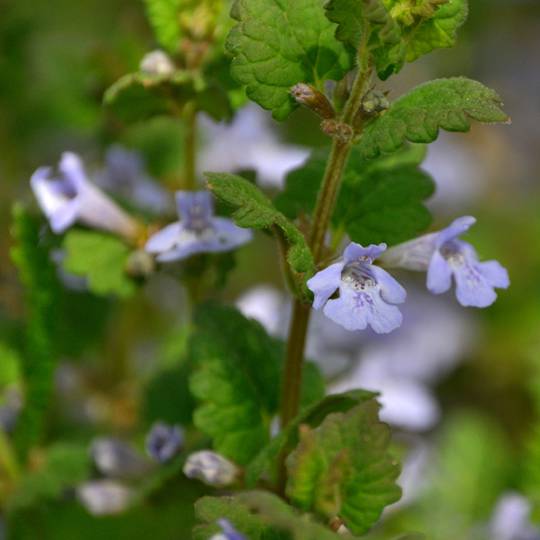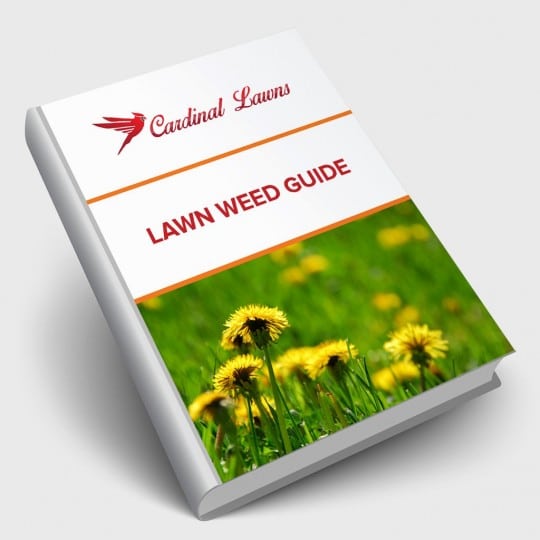The Dangers of Ground Ivy on a Farm
Posted
May 19, 2016

Ground ivy (Glechoma hederacea) is an aggressive, invasive plant that grows in thick patches in lawns throughout the United States. Part of the Lamiaceae mint family, it is a nuisance to suburban homeowners, but can be downright dangerous to have on rural properties if horses are present. Read on to learn about the dangers of ground ivy and exposing your horses to this toxic plant.
What is Ground Ivy?
Ground ivy is a small, purplish herb that produces small blue flowers and teeth-like leaves that grow in pairs at its joints. This low-growing perennial branches out to cover large sections of the ground. Also known as creeping Charlie, ground ivy thrives in moist, shady areas.
Toxic Plant Components
Whether fresh or dried, ground ivy is toxic to horses in all its forms. Horses are repelled by the plant’s bitter taste, so they tend to avoid grazing on it. They are most often exposed to the dangers of ground ivy when it gets mixed into their hay supply.
Symptoms of Poisoning
Horses generally need to consume a large quantity of ground ivy before it can be fatal. Symptoms of poisoning include excessive slobbering and sweating, dilated pupils, and panting or labored breathing.
Ground Ivy Prevention
First and foremost, do not make hay in fields where ground ivy is abundant. This can help prevent the plant from making its way into the food supplies. Make efforts to avoid grazing your horses in areas with large quantities of ground ivy—especially during a dry season when other plant life is scarce. Treat ground ivy as you would other weeds and cultivate to destroy it in places where animals have access.
If your horse farm has a ground ivy problem it requires immediate attention. Contact the experts at Cardinal Lawns. We can help assess your problems and work with you to find a solution that will keep your animals safe. Hay is for horses—not ground ivy.

Download Your FREE Lawn Weed Guide
Before weeds take over your yard this season, learn to identify and prevent them in the first place. Keep your lawn looking great all year!